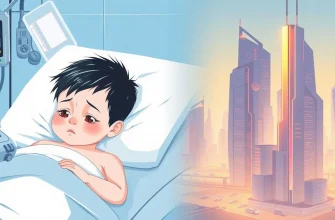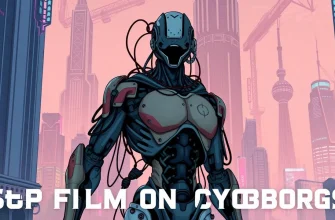Dive into the world of futuristic healthcare with this curated list of 10 sci-fi films that explore the cutting-edge of medical technology. From cybernetic enhancements to genetic engineering, these films not only entertain but also provoke thought about the ethical, social, and personal implications of advanced medical advancements. Whether you're a fan of science fiction or simply curious about where medicine might take us, this collection promises to captivate and inspire.
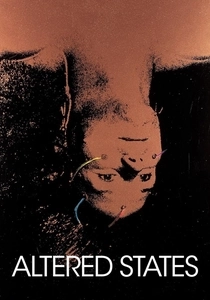
Altered States (1980)
Description: A scientist experiments with sensory deprivation tanks and hallucinogens, leading to physical transformations, delving into the mind-body connection and medical experimentation.
Fact: The film was based on the novel by Paddy Chayefsky, who also wrote the screenplay. It was one of the first films to explore the concept of altered states of consciousness through medical means.
 Watch Now
Watch Now 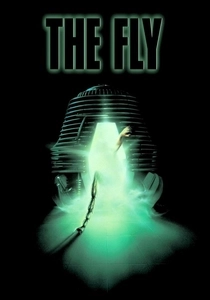
The Fly (1986)
Description: A scientist's teleportation experiment goes horribly wrong, merging his DNA with that of a fly, raising questions about genetic manipulation and medical technology.
Fact: The film was directed by David Cronenberg, known for his body horror genre, making it a unique take on medical technology gone awry.
 Watch Now
Watch Now 
Flatliners (1990)
Description: Medical students experiment with near-death experiences to explore the afterlife, but their actions have unforeseen consequences, touching on themes of life, death, and medical ethics.
Fact: The film was remade in 2017, but the original remains a cult classic for its exploration of medical experimentation.
 Watch Now
Watch Now 
Gattaca (1997)
Description: Set in a future where genetic engineering determines one's social status, a naturally conceived man assumes the identity of a genetically superior individual to pursue his dream of space travel.
Fact: The film's title is derived from the letters representing the four nucleobases of DNA. The movie was shot in a real-life genetics lab, adding authenticity to its setting.
 Watch Now
Watch Now 
The Island (2005)
Description: In a dystopian future, clones are created for organ harvesting, but one clone discovers the truth and seeks freedom. The film delves into the ethics of cloning and organ donation.
Fact: The film was originally conceived as a sequel to "Logan's Run," but evolved into its own story. It features a futuristic medical facility where clones are kept in a controlled environment.
 Watch Now
Watch Now 
Repo Men (2010)
Description: In a future where artificial organs can be bought on credit, repo men repossess organs from those who default on payments, exploring the dark side of medical technology.
Fact: The film was based on the novel "The Repossession Mambo" by Eric Garcia. It features a futuristic medical device called "The Union," which can replace organs.
 Watch Now
Watch Now 
Elysium (2013)
Description: In a future where the wealthy live on a space station with advanced medical technology, a man from Earth fights to access these treatments to save his life and others.
Fact: The film was shot in Vancouver, which was transformed to represent both the dystopian Earth and the utopian Elysium. It features a unique medical bed that can heal any injury.
 Watch Now
Watch Now 
Transcendence (2014)
Description: A scientist's consciousness is uploaded into a computer, leading to a complex exploration of AI, consciousness, and the potential for medical technology to transcend human limitations.
Fact: The film was Johnny Depp's first foray into science fiction as a leading man. It explores themes of transhumanism and the singularity.
 Watch Now
Watch Now 
The Lazarus Effect (2015)
Description: A group of researchers bring a dead subject back to life, but the experiment goes awry, exploring the boundaries of life, death, and medical ethics.
Fact: The film was inspired by the biblical story of Lazarus, who was raised from the dead. It delves into the psychological and ethical implications of reviving the dead.
 Watch Now
Watch Now 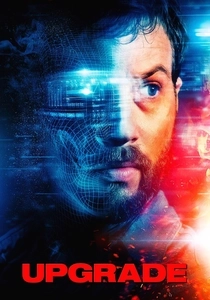
Upgrade (2018)
Description: After an attack leaves him paralyzed, a man receives a spinal implant that gives him superhuman abilities, exploring themes of cybernetics and medical enhancement.
Fact: The film was praised for its practical effects and its exploration of the implications of advanced medical technology in a near-future setting.
 Watch Now
Watch Now 


